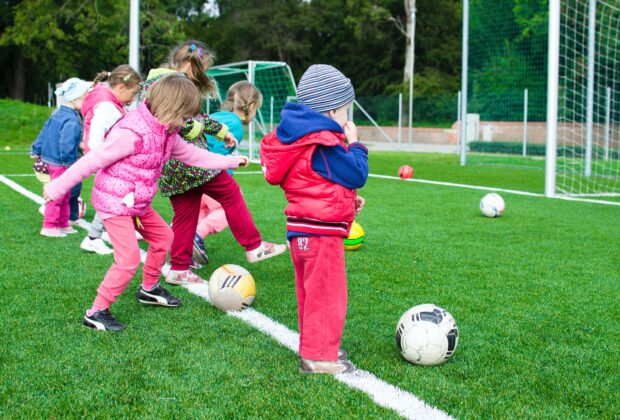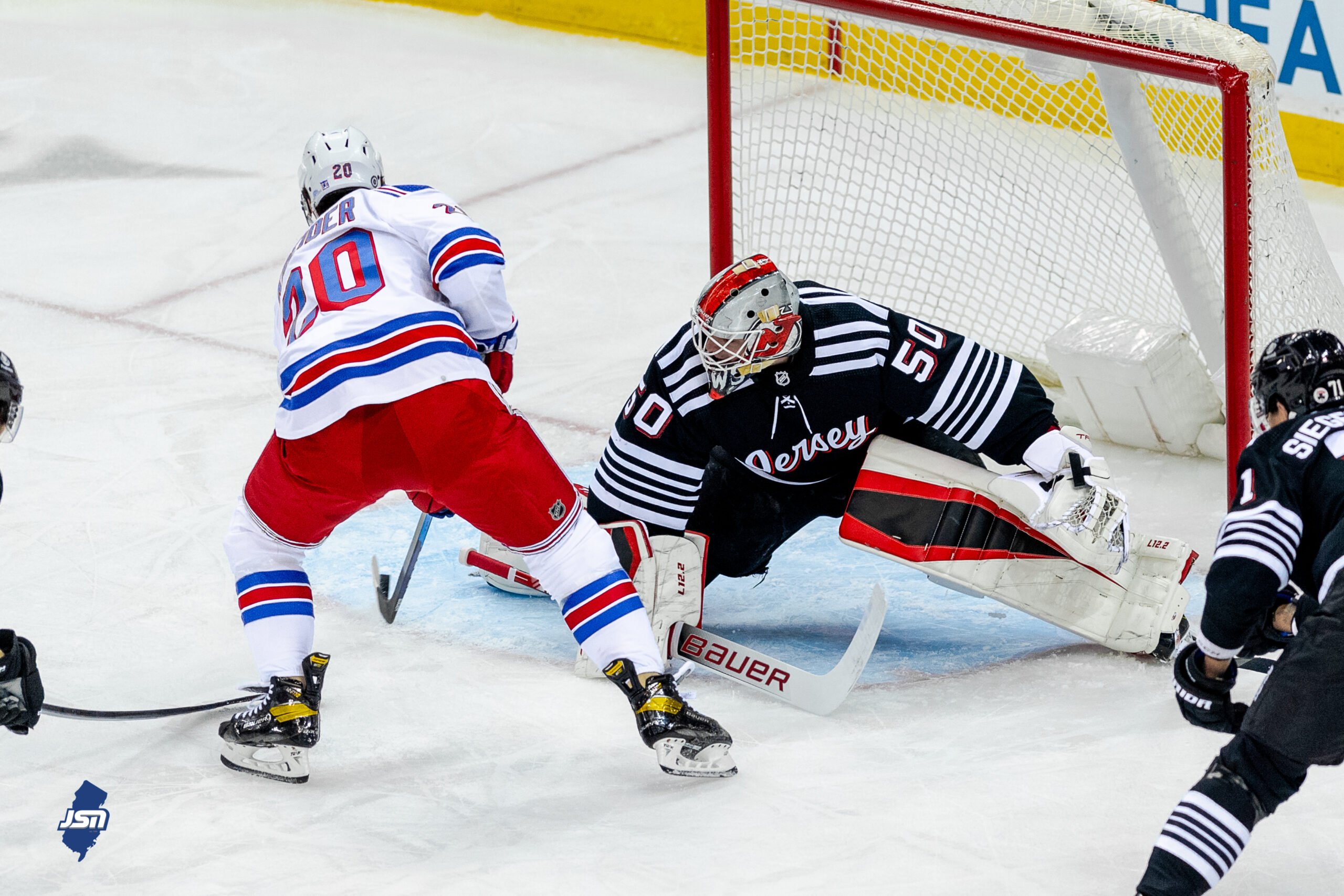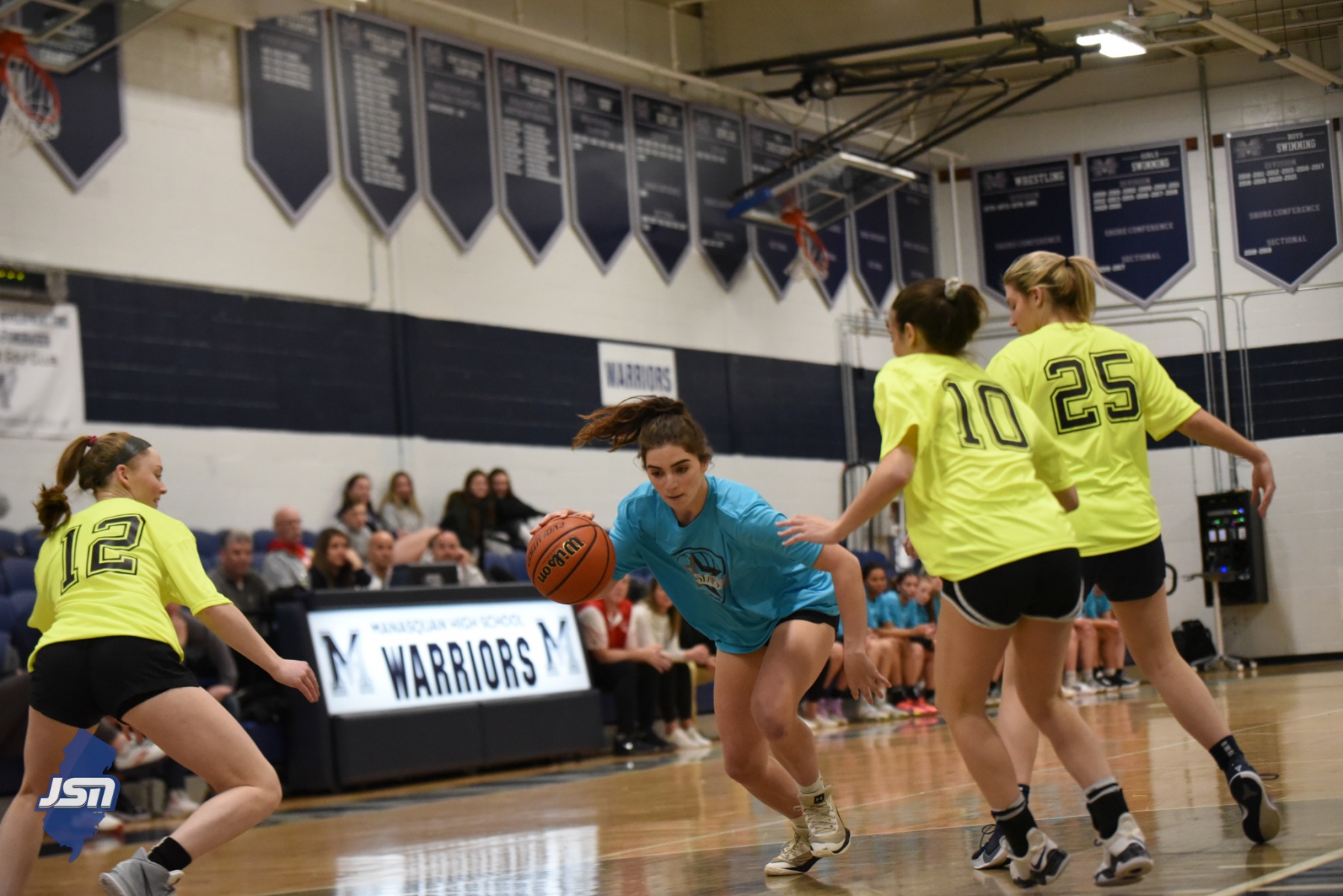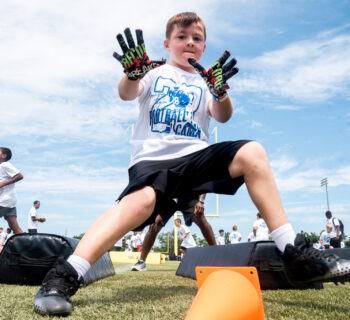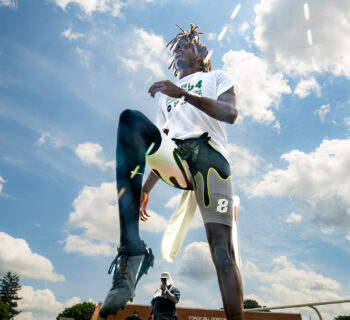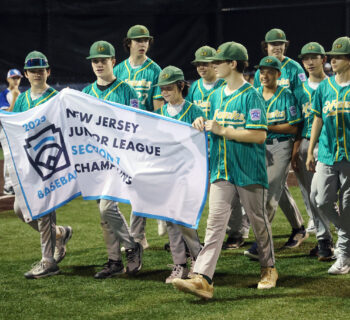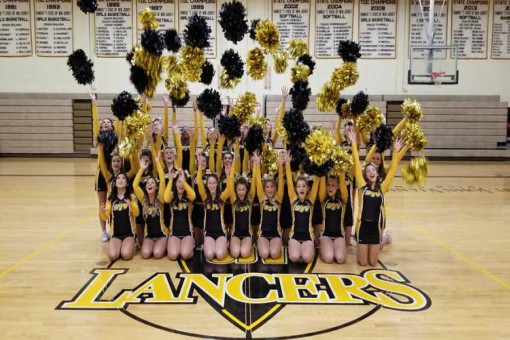Raising a child with learning disabilities presents a lot of unusual challenges. Despite this, parents try their best to give their kids a chance at everyday life. Sports has always been an opportunity to help children focus, learn, and boost their confidence–all while having fun.
After all, every child has the right to experience the fun of playing sports. Here are the five best sports for kids with learning disabilities.
1. Swimming
There's a unique joy in playing with water. Hearing your kid squeal in joy is a reward, which makes swimming among the best sports for both the kid and the parents. Usually, kids who have undergone a learning disability assessment have their needs and capabilities defined. For swimming, it's always best to have someone with them. Enrolling in a one-on-one swimming lesson could make them comfortable, especially with an experienced swimming instructor.
Learning to move around in the water is a great exercise to help develop their motor skills. Relevant muscle groups are trained to do repetitive actions with every kick and stroke. It allows kids keep focus while improving their body's range of motion. Additionally, specific achievements in swimming lessons can help build their confidence from simply staying afloat to setting their own record time.
2. Soccer
It might sound scary having your little one run on the field while trying to keep the ball from other children. However, soccer has made significant progress toward inclusion. Local soccer organizations have programs and leagues specifically for children with physical and learning disabilities. There are even adaptations to accommodate kids with different needs, allowing them to emulate their favorite soccer stars.
Letting your child play soccer has a lot of physical and socio-emotional advantages. Despite the heavy focus on running and kicking, soccer is actually a total-body sport, strengthening their bodies one game at a time. It also teaches the value of teamwork and building friendships. Giving them a sense of camaraderie also gives them the confidence
3. Horseback Riding
A child with learning disabilities sees the world differently. One sport that can develop their ability to understand another's emotions is horseback riding. More specifically, adaptive riding is becoming increasingly popular. This recreational horseback riding is specifically for people with special needs. The skills and horsemanship courses are tailored to their learning styles–all done in a safe and controlled environment.
Aside from the physical exercise that comes with almost every sport, horseback riding also helps them fight stress, thanks to the exposure to an open environment. The routines involved also requires focus, discipline, and learning to work together with their equine mount. Essentially, a horseback riding course is a conducive place for learning. Also, riding a large and robust animal brings a lot of excitement for children.
4. Archery
Getting your child to make friends isn't an easy task, even more so for kids with learning disabilities. As it takes time for them to open up, you can have them try an activity that leaves them at peace with themselves. Archery is a meditative activity with a straightforward goal: to hit a target from a distance.
Its primary benefit is that it helps train an individual's hand-eye coordination. Kids learn how their vision and action determine where the arrow will go. They then know to make adjustments, and their coordination improves with continuous practice and repetition. As with other sports, improvement also enhances confidence and a sense of self-worth.
Also, while archery is often associated with being an individual sport, there are team events your child can join. It's an excellent opportunity to socialize while feeling the thrill of contributing to a team victory.
5. Wrestling
Wrestling, like other full-contact sports, presents unique challenges and opportunities. It's one of the sports with a long history of having adaptive athletes compete and find success. There are even instances where differently-abled competitors defeat their non-disabled opponents. The key in this sport is discipline. Wrestling is not about brute force and aggression, and it involves a strategic approach and the right mindset to do it correctly.
For children, it's an excellent opportunity to teach them the value of resilience. It builds their character to experience hardships during training and challenges during matches. Another aspect of the sport that makes it advisable for kids with learning disabilities is that it gives them a positive way of channeling their emotions. This part is something that they can use in and out of the game, helping them develop more meaningful relationships.
Final word
Despite being diagnosed with learning disabilities, parents can still find ways for their kids to experience the fun of being engaged in sports. As the world becomes more inclusive for everyone, more options are becoming available. More than an opportunity to have fun, getting your kid into sports helps build soft critical skills that will definitely come in handy as they grow up.
- Rutgers Women's Basketball Officially Adds 'Rare Talent' Kiyomi McMiller - April 18, 2024
- Jersey Native Sets ACC Freshman Scoring Record - February 29, 2024
- Rutgers Spring Sports Off To Fast Start - February 12, 2024

